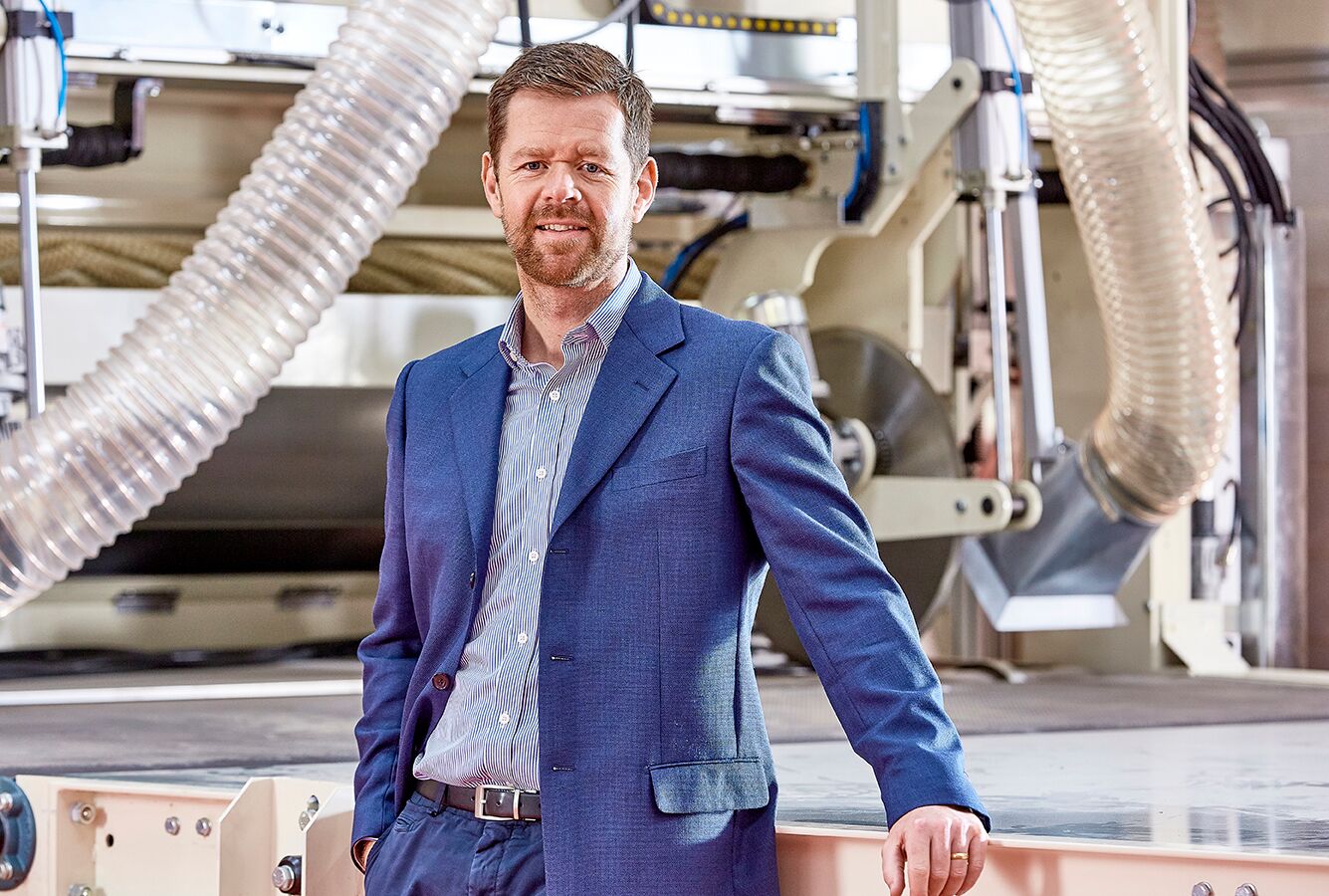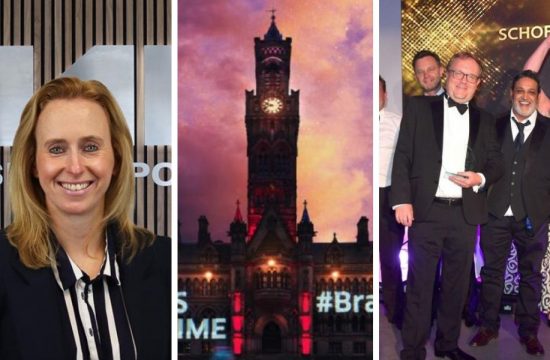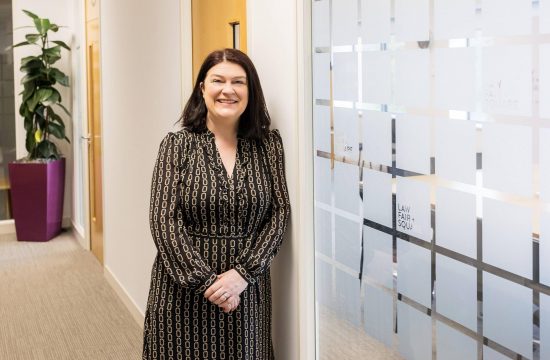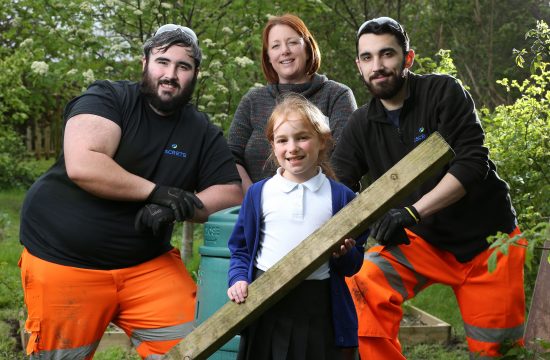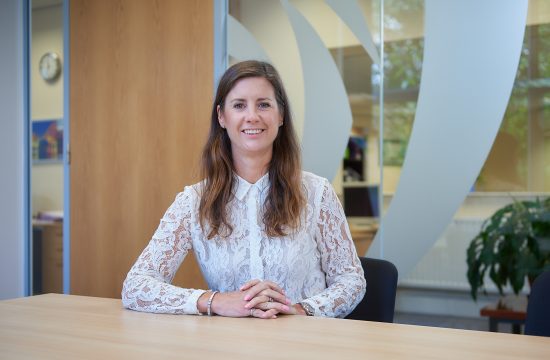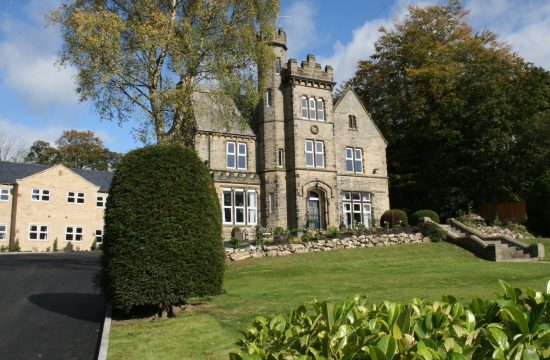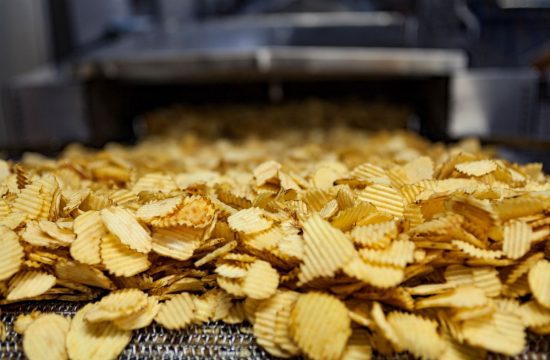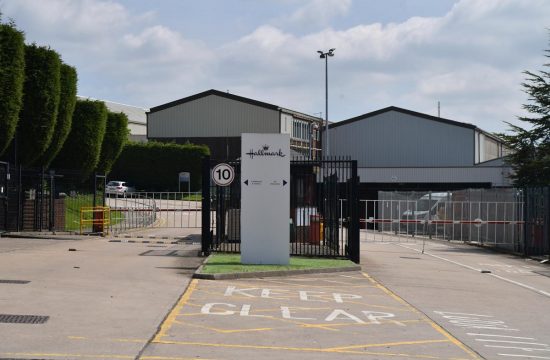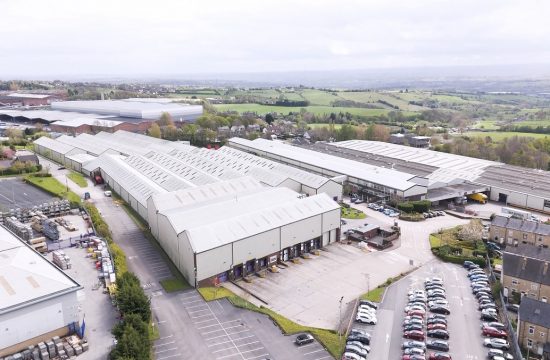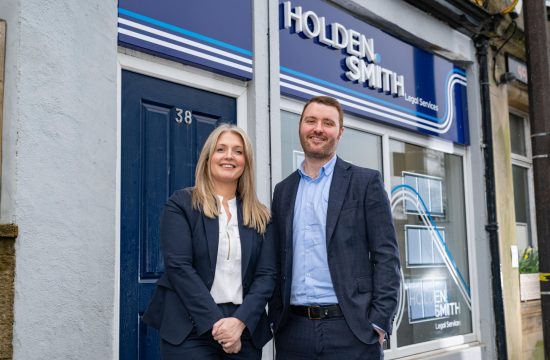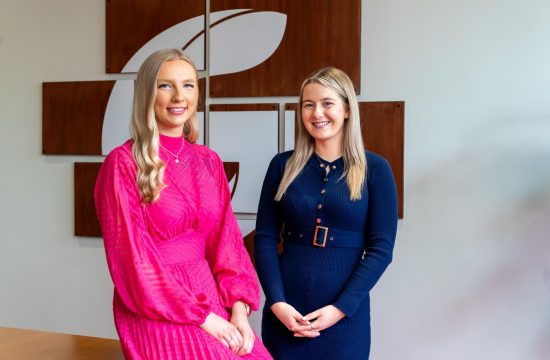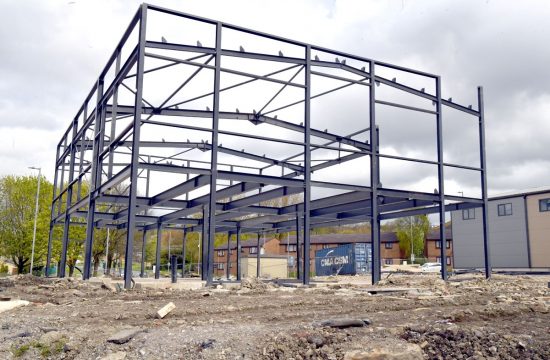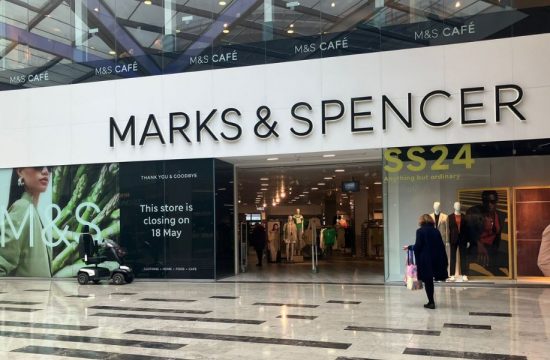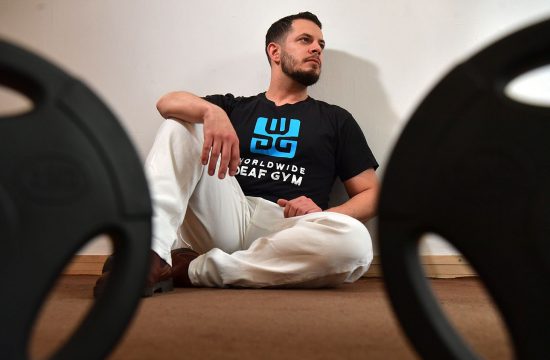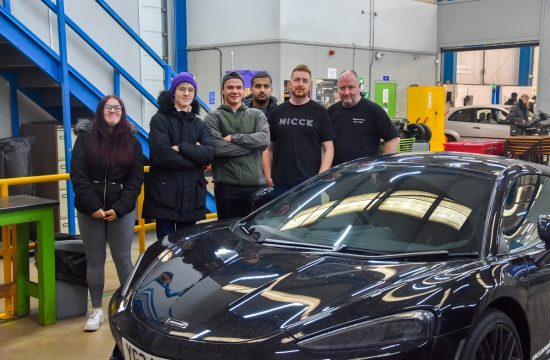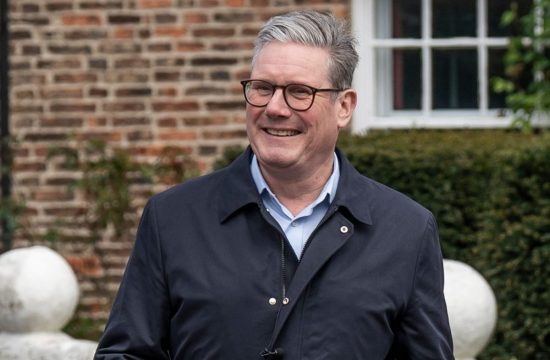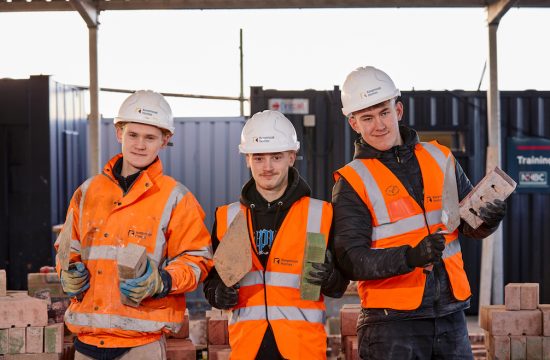The huge amount of plastic we are producing and then discarding is an issue that is creating global concern. Some 300 million tonnes of it is being produced every year – and it is estimated that half of that is used just once.
Around eight million tonnes are being disposed of in our oceans, creating an environmental crisis.
One family-run textile manufacture which recently moved its operation into Bradford is determined to do its bit to protect the planet, and as part of that, Texfelt has come up with a pioneering eco-engineered product called SpringBond, a carpet underlay made from upcycled plastic bottles.
The company recently invested £9million in a new 60,000sq. ft state-of-the-art manufacturing facility in Bradford, which was officially opened by the Princess Royal earlier this year.
Previously based in an old textile mill in Elland, Texfelt made the move to the purpose-built site in Bradford this year, with the official opening taking place in July.
Managing Director James Taylor said: “We were situated in an old two storey textile mill in Elland that allowed no room for expansion or development and, as such, we were not able to invest in more modern machinery.”
The move to Bradford also brings the closer to its parent company James Robinson Fibres Ltd., which is also on the Euroway Trading Estate.
The opening of the Bradford site has allowed the company to progress with the manufacture of SpringBond.
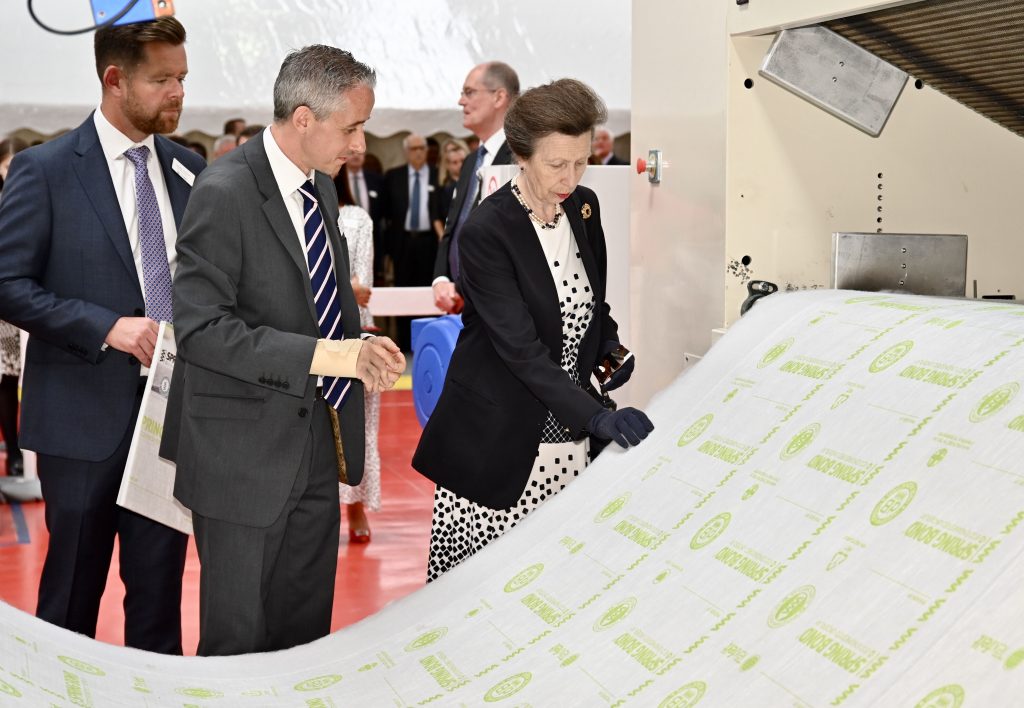
It is made up of 85% recycled PET (polyethylene terephthalate) plastics bottles and other single use plastics. Each roll uses up to 180 recycled bottles, meaning the average homeowner could see 900 recycled bottles sitting under their carpets.
For James, protecting the environment is an integral part of the Texfelt ethos, and not just through products like SpringBond.
“It is of fundamental importance that whilst making eco-engineered products, we also play an important role in protecting the planet,” he said.
“For example, our company has achieved ISO 14001 status and we are constantly looking for ways to reduce our environmental impact. In the last 12 months we have reduced energy consumption and waste per sq metre of product by over 50%.
“We have also become the first underlay manufacturer to complete a globally verified EPD (Environmental Product Declaration). This means that contractors within the construction sector can use our products, understanding their life cycle impact and improving the overall environmental performance of the project.
“I believe the early adopters of environmental strategy in company policy will be the companies of the future whether you are B2B or B2C. Ultimately companies and consumers, as part of their own environmental conscience, will prioritise this in the future.”
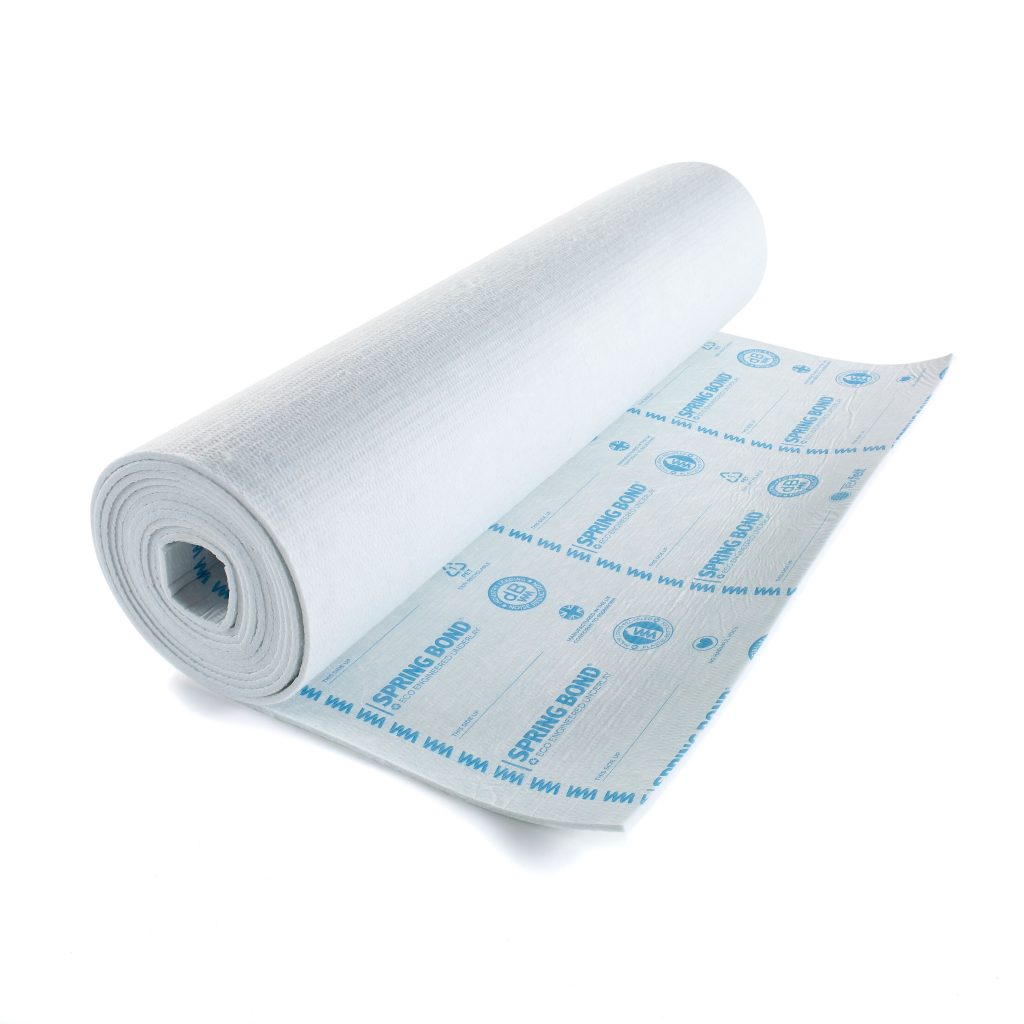
He is confident that the strength of the product and the environmentally friendly way it is produced will see demand for SpringBond grow.
Texfelt has recently signed a deal for it to be stocked by the Flooring Superstore and furniture manufacturer Lebus is now using it in around 80 per cent of its sofas.
“SpringBond’s manufacturing process is unique and allows us to make a luxury underlay from recycled plastic bottles and other single use plastic wastes, with up to 900 plastic bottles in an average house being diverted from landfill and our rivers and oceans.
“Placing SpringBond in front of the eco-conscious consumer through quality independent carpet retailers and through partnerships with multiples like Flooring Superstore will drive awareness of our eco-engineered underlay and provide a greener, cleaner and healthier alternative to traditional products like PU foam and Rubber underlays,” said James.
“It gives comfort and support for the lifetime of the carpet, and can then be recycled back into PET, the base material for the likes of plastic bottles or indeed clothing fibres.”
Texfelt received investment for its new facility from the Textiles Growth Programme through the Business Growth Hub, and Leeds City Region Enterprise Partnership (LEP). The LEP funding was delivered by the West Yorkshire Combined Authority, through the Leeds City Region Growth Deal – a £1 billion package of Government investment to accelerate growth and create jobs across Leeds City Region.
“SpringBond is a perfect example of upcycling for plastic that might otherwise have ended up in the environment, and I hope this will encourage other entrepreneurs to find ways to value plastic to ensure it never reaches our oceans.
Jo Ruxton, prominent plastic pollution campaigner and CEO and Founder of Plastic Oceans UK
Roger Marsh OBE, Chair of the LEP, said: “I’m delighted that through the Growth Service, the LEP has supported businesses to become more productive and environmentally sustainable.
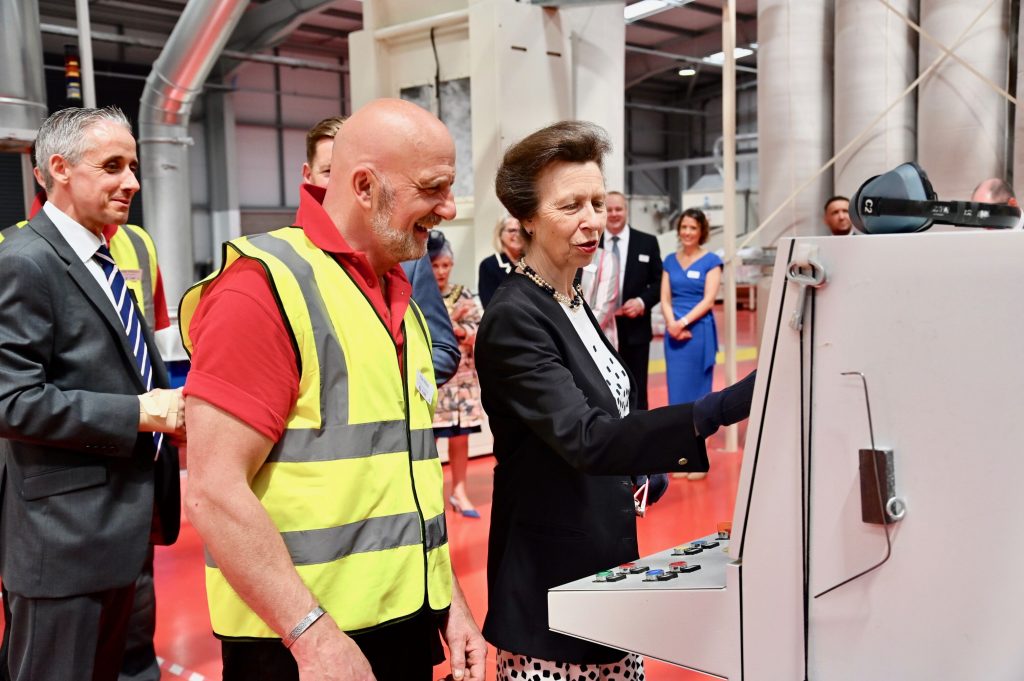
“The Leeds City Region is a leading centre for textile manufacturing, and businesses like Texfelt are boosting growth and global competitiveness in this sector. It’s vital that as a region we continue to invest in innovation and give businesses the tools they need to help grow the economy. I would encourage all businesses to pick up the phone and find out about the support available for growing businesses at every stage of their development.”
Texfelt is a family business entering into its fifth generation, and currently employs 12 staff, although it is hoping to take on another two this year to meet increased demand for SpringBond underlays.
In the longer term the company has plans to create a second shift and create a further six to eight jobs.
James said the move to a new manufacturing plant with state-of-the-art production facilities would allow them to to diversify into new markets with our eco engineered non-woven products fit for the next generation of consumers.
“As a family business we can be more agile in our decision making than businesses perhaps with external shareholders or influences. This promotes an entrepreneurial approach to the way in which we run our business with colleagues at all levels able to suggest and act on ideas of innovation or indeed business opportunity for the good of the group,” said James.
“Building a development of this size doesn’t come without its challenges but we are incredibly proud of what’s been achieved, and of the direct impact we’ve had on job creation in Bradford.
“Our family roots are from Huddersfield, so we have a huge emotional attachment to Yorkshire and are proud to be part of the region’s future.”



